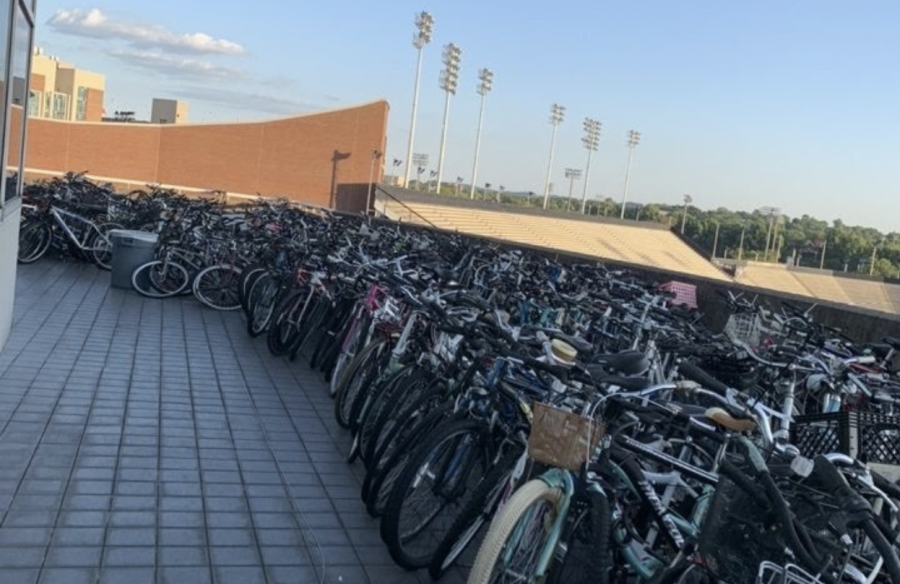Following a vote by the newly formed Tennessee Drivers Union, around 100 rideshare drivers went on strike on Aug. 30 for three hours at the Nashville International Airport. This strike occurred in response to drivers’ concerns about low wages and unfavorable working conditions, particularly among those who work for Uber and Lyft.
The Tennessee Drivers Union was formed on Aug. 20, according to a post on its Instagram. TDU claimed that rideshare drivers in Nashville work everyday of the week, shifts that are 12 hours long and depend on profits that are less than the minimum wage. It also asked that the city prevent drivers from out of state from taking profits from Nashville-based drivers and implement curfews for electric scooters to avoid safety issues.
“As Uber/Lyft keep taking more of the payouts from rides, we are finding it increasingly difficult to survive,” the post reads. “If we don’t come together as people striving for dignity then we will continue to suffer and be robbed by these two giants.”
TDU also alleged that Uber and Lyft “buy politicians” with the portions of funds they collect from rideshare fees and that the companies intentionally allow for oversaturation of the market of drivers. TDU said its drivers chose to go on strike at the airport as they believe it to be the “heart of Tennessee’s $30 billion tourism economy.” Their strike demands at the airport include expanding the rideshare waiting area and adding new bathrooms for drivers.
In a Tennessee bill — HB992/SB907 — that became effective on May 20, 2015, rideshare apps were labeled as “Transportation Network Companies.” The bill also declared that TNC’s would not be subject to any regulations applied by a city onto “private passenger for-hire vehicles” or to the authority of the Department of Safety. This legislation prevented Nashville’s city council from passing regulations on rideshare companies that had been in progress since 2014.
On Sept. 2, TDU shared a post in which it claimed their Aug. 30 strike resulted in a rise of rideshare prices across middle Tennessee, which it alleges to have been a union-busting tactic from Uber. TDU also called on Mayor Freddie O’Connell and the Metropolitan Council to respond to its demands, saying to “expect more disruptions” from the union.
Students reported varying changes to the prices of Uber and Lyft rides during Labor Day weekend. Senior Ryan Allegretti expressed excitement about a Lyft ride he booked at 1:30 a.m. CDT on Aug. 31 from Broadway to Kissam Center for $3.64.
“The prices were insanely cheap — I couldn’t believe I got a Lyft on the weekend for anything less than $20,” Allegretti said. “The prices were unbelievable. I had no idea there was a strike.”
Senior Christopher Lofts said he experienced a significant rise in Uber prices when traveling from campus to Broadway on Aug. 31, splitting the $40 fee with a friend.
“It was a little stressful to see such an expensive Uber,” Lofts said. “I was prepared to walk 45 minutes instead of paying even $20.”
However, Lofts had a similar experience to Allegretti just a few nights earlier, when he had booked an Uber ride from Broadway back to campus for $4.
“While the cheap rides made going off campus far more accessible, I feel bad paying Uber drivers so little. A $4 ride is barely enough for them to turn a profit, and it’s not worth their time,” Lofts said. “I respect that they went on strike — Uber needs to make sure that they are respecting the needs of their drivers.”







